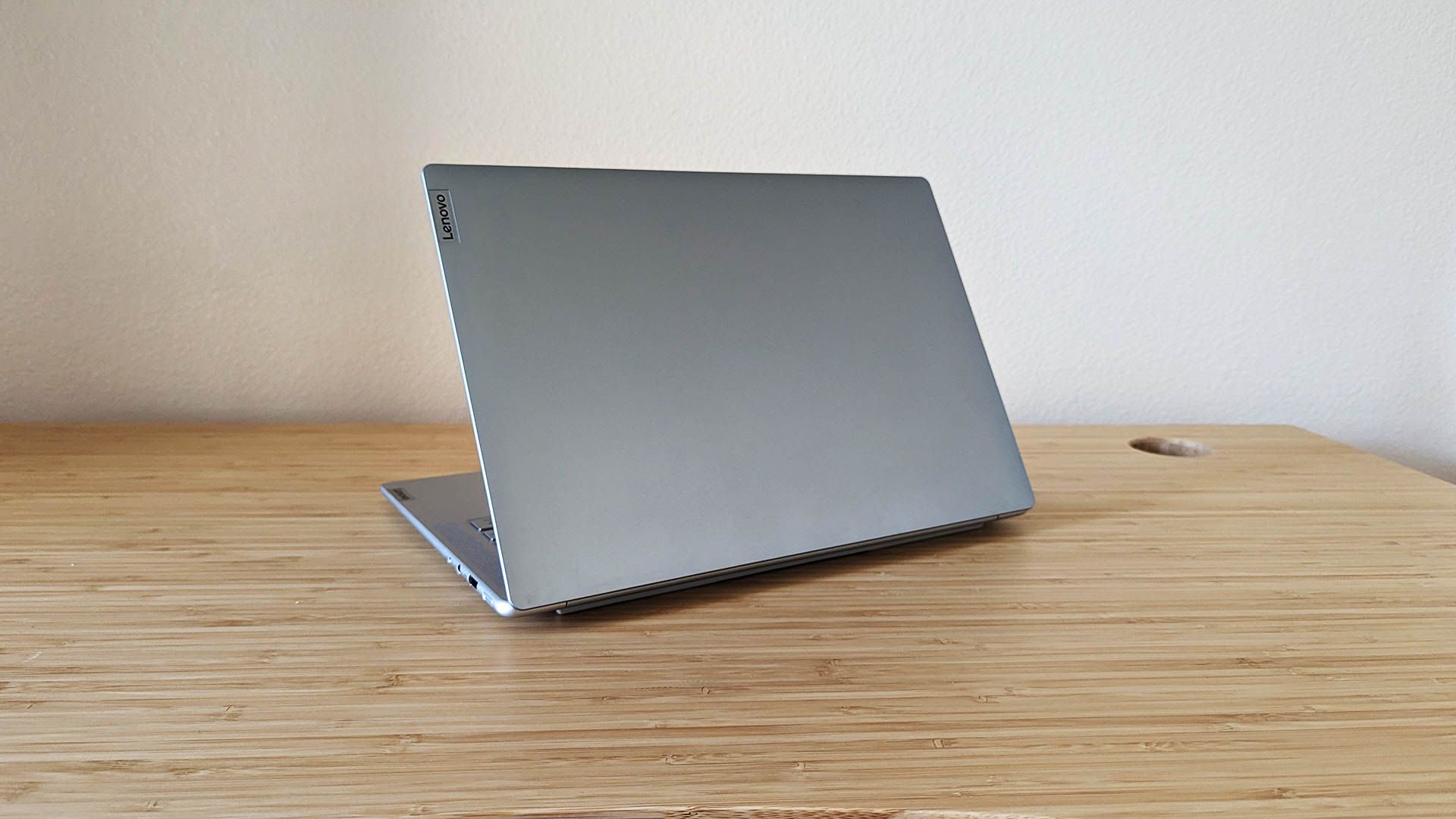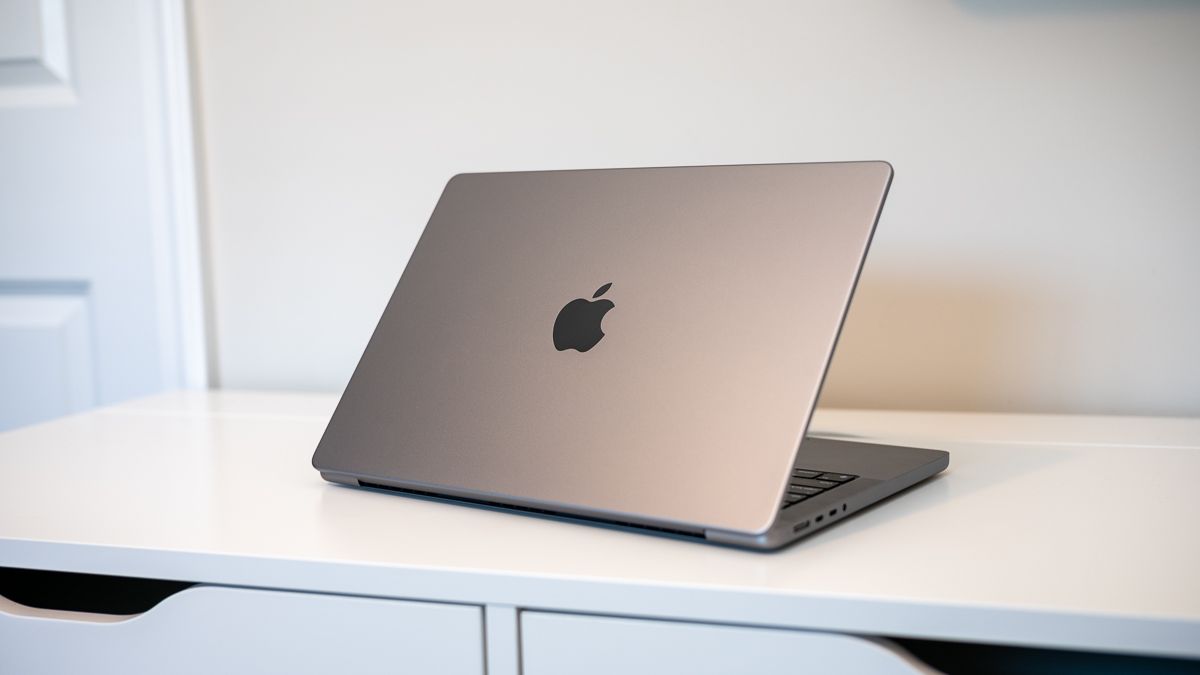Quick Links
Key Takeaways
Metal laptops offer better durability and heat dissipation, while plastic ones are more affordable with diverse styles. Performance depends on internal components, not material. Evaluate laptops individually based on specifications, build quality, and design, focusing on overall value to find the perfect balance for your needs and budget.
When buying a laptop, you'll mainly have to choose between ones that use plastic or metal for the laptop's chassis. Both of these options have their perks, but is one clearly better? Let's take a closer look at them both.
Durability and Build Quality
When assessing durability, metal laptops hold a clear edge. Typically, a metal chassis is more rigid, withstanding greater physical strain than a plastic one. This means if you happen to drop your laptop or subject it to substantial stress, a metal laptop is likelier to escape serious damage. That being said, metal laptops may be more prone to scuffs and dents compared to plastic laptops.
However, this doesn't imply that plastic laptops are inherently weak. High-quality plastic laptops can be quite robust, with some even featuring metal reinforcements in crucial areas to enhance structural integrity. Always confirm the specific materials and build quality of a laptop you're considering, whether metal or plastic. Most laptop reviews will include a keyboard and screen flex test, where the reviewer will let you know how stiff or flimsy the laptop feels when in use.
Aesthetics and Design
Aesthetics are a matter of personal taste, and what appeals to you might not appeal to someone else. Still, metal laptops generally exude a premium look and feel, characterized by sleek and minimalist designs. Think of a MacBook Air or MSI's Stealth range of metal chassis laptops.
They often come in sophisticated shades like silver, space gray, and rose gold. Plastic laptops, conversely, are available in a broader array of colors and styles, which might appeal to you if you're looking for something more distinctive or whimsical.
Regarding design, both metal and plastic laptops can be equally well-crafted. Consider how the laptop's design caters to your needs in terms of connectivity, keyboard and trackpad quality, and overall user experience. Being pretty isn't the most important thing in the world, especially if a laptop feels awful to actually use.
Performance and Functionality
Your laptop's chassis material isn't necessarily a decisive factor in performance. Instead, you should concentrate on the internal components, such as the processor, graphics card, RAM, and storage.
That being said, a laptop's build can impact its thermal performance. Metal laptops generally offer superior heat dissipation, helping to prevent overheating and maintain optimal performance. Plastic laptops, however, may be more susceptible to overheating if not adequately designed with sufficient cooling mechanisms.
This is because the metal laptop's body itself can act as a passive heat sink. In the case of laptops like the M1 MacBook Air, which has no fans, this is very much by design, but even in other laptops there's always some degree (ha!) of thermal benefit.
Portability and Weight
If portability matters to you, consider your laptop's weight. Metal laptops, particularly aluminum ones, are generally nearly as light as plastic models. The weight of either a metal or plastic laptop depends on too many factors to make blanket statements, however. The logical thing to do, then, is to look at the actual weight specifications of a laptop before you buy it, regardless of the material.
Environmental Impact
Regarding the impact on the environment, neither material is an outright winner. While metal laptops can be more easily recycled, mining and producing metals like aluminum have considerable environmental repercussions. Plastic laptops, conversely, are crafted from non-renewable, petroleum-based materials that are less easily recycled and can take centuries to decompose in a landfill.
Ultimately, the best way to minimize your environmental impact is to select a laptop that meets your requirements and lasts longer, reducing the need for frequent replacements. It's also worth getting a laptop that lets you replace its battery or other components like the keyboard with little trouble.
If you really want to manage your e-waste impact, you could look at modular laptops, such as the Framework series of laptops.
Price Comparison
Generally, metal laptops are pricier than plastic ones due to the elevated cost of materials and manufacturing. However, this isn't always true, as some high-end plastic laptops can carry hefty price tags, while budget-friendly metal laptops do exist.
When comparing prices, concentrate on the overall value offered by a laptop, considering its specifications, build quality, and design. Don't assume that a metal laptop is inherently superior or more expensive than a plastic one. Instead, evaluate each laptop individually and consider the balance of price and features that best align with your needs and budget.
Unlike in the world of music, making a laptop metal doesn't automatically make it better. So unless you absolutely must have the look and feel of a metal laptop specifically, don't sweat this question too much.


